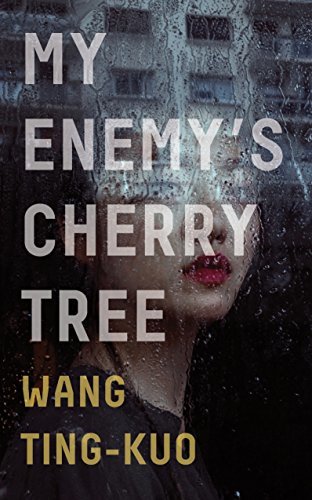What do you think?
Rate this book


A man who has come from nothing, from poverty and loss, finds himself a beautiful wife, his dream love. When she vanishes without a trace, he sets up a small café in her favourite spot on the edge of the South China Sea, hoping she'll return.
Instead, he is confronted by the man he suspects may be responsible for everything he has suffered: Luo Yiming, a prominent businessman and philanthropist who holds the small town in his sway. In the few moments the two men spend together, Luo is driven mad.
So begins a story of desire and betrayal set against the tumultuous first decade of Taiwan's 21st Century. The recipient of all three of Taiwan's major literary prizes, My Enemy's Cherry Tree is a story of love, money and coercion, in which two men who have sought to acquire something unattainable, instead lose something irreplaceable.
223 pages, Kindle Edition
Published April 4, 2019